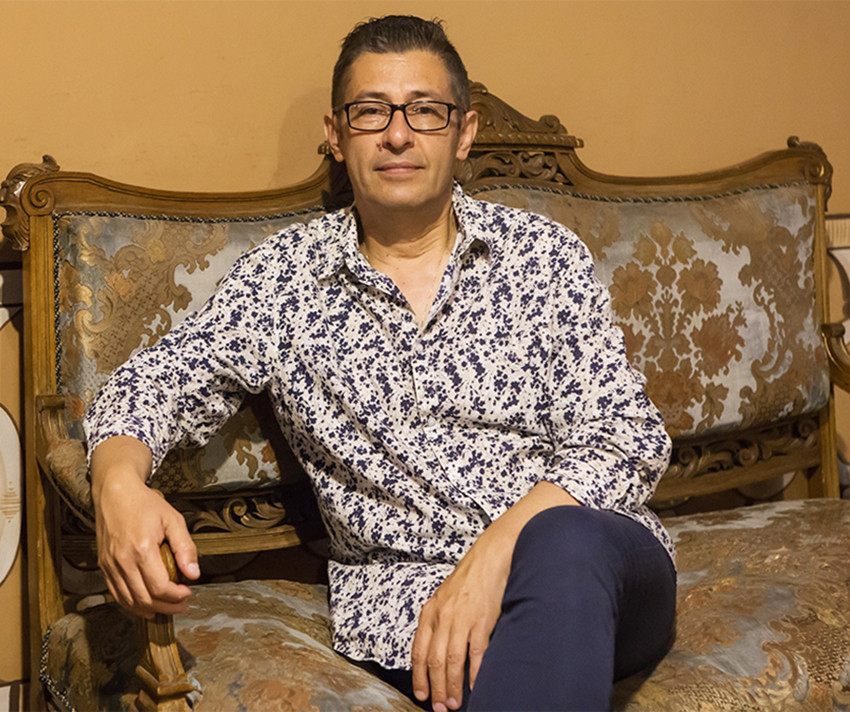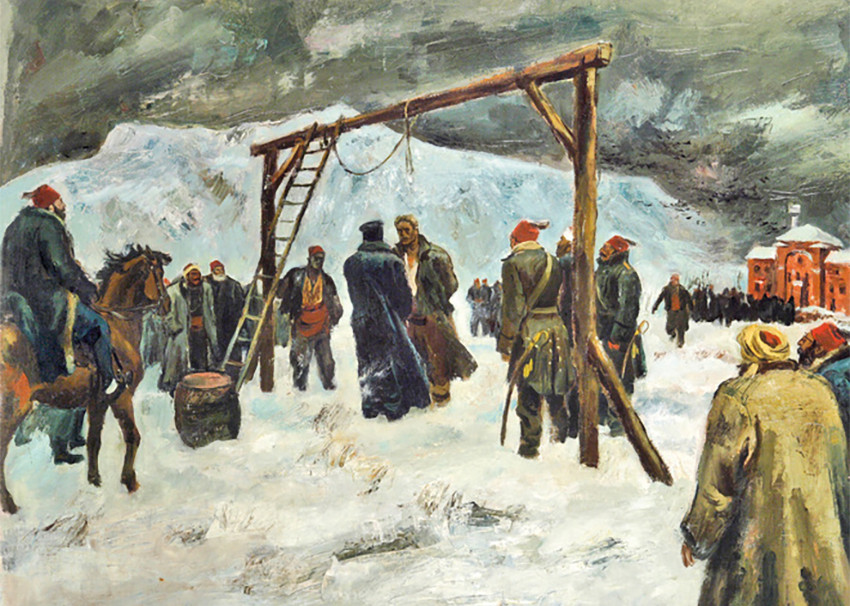"It's bitter cold, wood and stone are cracking, we've been with no food for two or three days, yet he sings and is always cheerful! In the evening - before we go to bed - he sings; in the morning, as soon as he opens his eyes, he sings again" - this is how Bulgarian poet and revolutionary Hristo Botev describes his close friend Vasil Levski, whom he described as an "unheard-of character" - "When we are in the most critical situation, he is just as cheerful then, as when we are in the best of situations".
According to other contemporaries of the Apostle of Bulgarian Freedom as Vasil Levski is lovingly called, even when he was traveling on his committee business, Levski constantly sang and adapted lyrics and songs to melodies already familiar to him.

"Personally, I have always thought that Levski's notebook is part of his spiritual heritage. We can find many things there. But it was a real surprise to me, many years ago, that the lyrics of popular songs of that time were written there. Songs that were sung, songs that he used to sing, and this is truly part of his inner spiritual world," Spassov commented.

"The elderly woman who tells the story of Raina Katsarova is called Grandma Petkana Hashova. She sang this song in Turkish. After that, Raina Katsarova recorded it in the Bulgarian National Radio as a keepsake, and in fact, when we were making the big film of the Bulgarian National Television entitled "The Songs of the Apostle, we translated this song into Bulgarian. It has a very strange, dramatic text - "Don't sing, nightingale, I have time, I am not in a hurry. I have neither a mother nor a father, don't sing, don't hurry, nightingale...". This is the message, really quite sad, sacred at times. But it's really strange, if you listen to it in the original, it sounds like a typical old Turkish folk song, in the whole style of a Turkish folk song. When the colleagues from the Turkish editorial office of the Bulgarian National Television translated it and we recorded it with accompaniment, it became Bulgarian. Because these songs here, in the Balkans, have a lot in common, but they also have a lot of differences.
LATIDA is a vocal duo that has recently made a name for itself in the Bulgarian music scene, not only through collaborations on various projects, but also with their own original songs. Yana Baleva and Elizabeth Nesheva both started in music years..
The beginning of 2025 has been more than fruitful for Bulgarian singer Desi Dobreva - in between traveling around the world, she managed to release a second single. After her original song entitled "At the end of the earth", comes her interpretation of..
The Bulgarian National Radio Folk Orchestra, conducted by Maestro Dimitar Hristov, is preparing a spring tour in March. Special guest soloists for the "Orchestra of Soloists" in the concerts will be singers Petya Paneva and Dimitar Arnaudov,..
Born into a musical family, Dani Ilieva has been singing for more than ten years. She has participated in several musical formats, but she considers her..
Children's song composer Dono Tsvetkov presents his new album "Where Do the Miracles Live?" with a big concert on April 15 at the Central Military Club..

+359 2 9336 661
